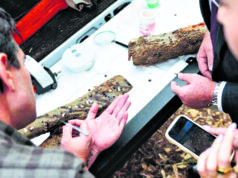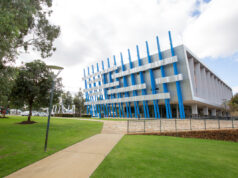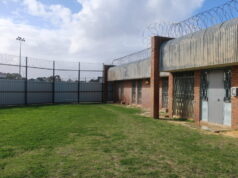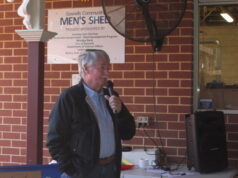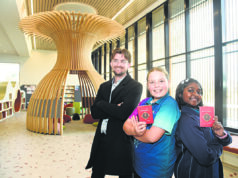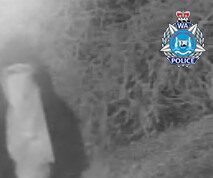
A Curtin University researcher embarked on the scientific journey of a lifetime on Friday circumnavigating Antarctica for three months.
Dr Nina Schuback from Curtin’s remote sensing and satellite research group will look at phytoplankton in the Southern Ocean and its links to climate change.
She will join 55 scientists from 30 countries who will work on 22 research projects for the Antarctic Circumnavigation Expedition.
She said phytoplankton stored carbon dioxide so it was important to map what it was doing in the Southern Ocean.
“Central to the carbon cycling or circulation in the Southern Ocean are phytoplankton, the microscopic photosynthesising algae inhabiting the surface ocean,” she said.
“Just like plants on land they photosynthesise and they take on carbon dioxide.
“Some of the phytoplankton can sink out of the surface layer of the ocean into the deep ocean over time.
“So carbon dioxide from the atmosphere can get stored away into the deep ocean which is kind of the link to the climate system of the globe.
“This expedition is also an opportunity to collect measurements that will help to validate satellite remote sensing observations over this still largely unexplored ocean.”
ACE panel member Professor Jean Jouzel, a glaciologist and climatologist said the expedition was a unique initiative to better understand the Antarctic region.
“Bringing together multi-disciplinary projects to circumnavigate Antarctica and gathering scientific evidence in a region so remote and yet deeply affected by human activity and climate change, will hugely contribute to our understanding of past and future evolution of the Southern Ocean,” he said.
The Antarctic circumnavigation expedition is the first project of the Swiss Polar Institute, a new organisation promoting international collaboration in polar research.


